A trade group representing American writers has filed a class-action lawsuit against OpenAI, the maker of ChatGPT, in federal court.
The lawsuit, brought by the Authors Guild of America, was filed on behalf of more than a dozen best-selling authors, including Jonathan Franzen, John Grisham, Jodi Picoult, George Saunders, and George R.R. Martin. The lawsuit alleges that OpenAI illegally used those authors’ copyrighted works to train ChatGPT.
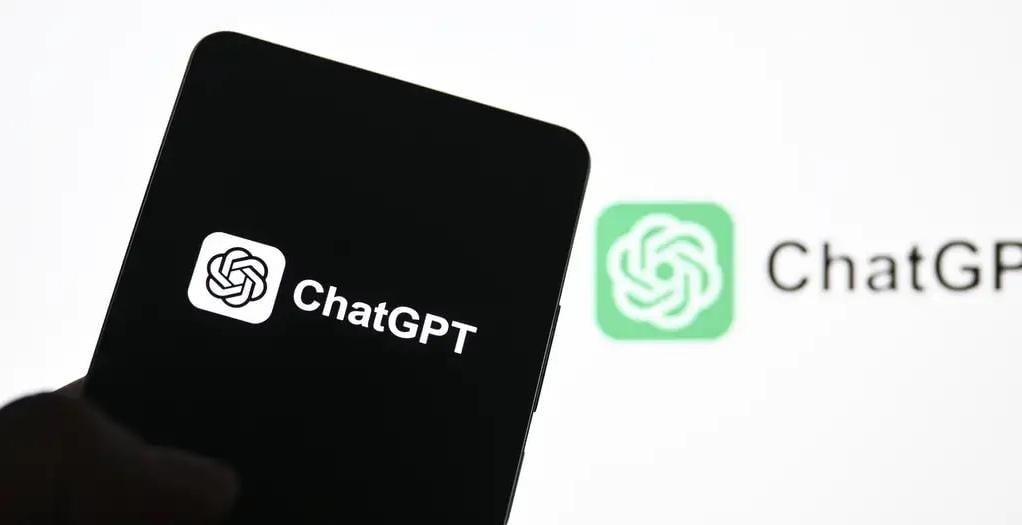
ChatGPT logo on smartphone. Photo: PA
This is one of several complaints currently pending against general AI vendors. OpenAI and other defendants argue that their use of online data falls within the definition of fair use under U.S. copyright law. But the companies have kept secret the data sets they use to train their AI systems.
In its lawsuit, the Authors Guild details how OpenAI violated copyright laws, including its use of illegal pirated book archives to train its system to respond to human requests.
The documents cite the fact that ChatGPT can generate accurate summaries of books that would only be possible if it had access to the entire work. It can also generate drafts of book sequels, using characters from existing works.
And in the case of George R.R. Martin, ChatGPT was used to create sequels to his best-selling books, even though the author himself was writing his own sequels.
That highlights one of the main concerns described by the Authors Guild: “ChatGPT is being used to create low-quality e-books, impersonate authors, and replace human-authored books.” The complaint also cites the example of author Jane Friedman, who found her name used on AI-generated “junk books” for sale on Amazon.
The lawsuit details the economic threats posed by AI, describing the plight of writers who have lost a significant amount of work as clients switch to AI-generated content, leaving them with no incentive to create.
The complaint also cites a Goldman Sachs analysis estimating that “AI could displace 300 million full-time jobs in the near future, or one-quarter of the labor currently performed in the United States and Europe.”
“It is imperative that we stop this theft, or we will destroy our great literary culture, which nurtures so many other creative industries in America,” said Mary Rasenberger, executive director of the Authors Guild.
“Great books are often written by people who spend their careers, and indeed their lives, learning and perfecting their craft. To preserve our literature, authors must be able to control whether and how their work is used by AI.”
The use of AI and fair compensation for creators are also key issues in the ongoing strikes in the film, music, media and journalism industries.
Mai Anh (according to DW)
Source



![[Photo] Prime Minister Pham Minh Chinh starts construction of vital highway through Thai Binh and Nam Dinh](https://vphoto.vietnam.vn/thumb/1200x675/vietnam/resource/IMAGE/2025/5/12/52d98584ccea4c8dbf7c7f7484433af5)

![[Photo] Prime Minister Pham Minh Chinh works with the Standing Committee of Thai Binh Provincial Party Committee](https://vphoto.vietnam.vn/thumb/1200x675/vietnam/resource/IMAGE/2025/5/12/f514ab990c544e05a446f77bba59c7d1)

![[Photo] Prime Minister Pham Minh Chinh receives Swedish Minister of International Development Cooperation and Foreign Trade](https://vphoto.vietnam.vn/thumb/1200x675/vietnam/resource/IMAGE/2025/5/12/ae50d0bb57584fd1bbe1cd77d9ad6d97)




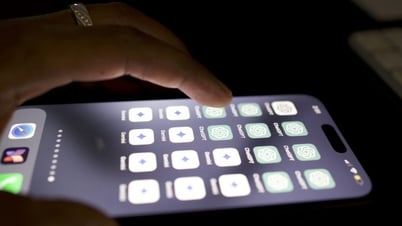
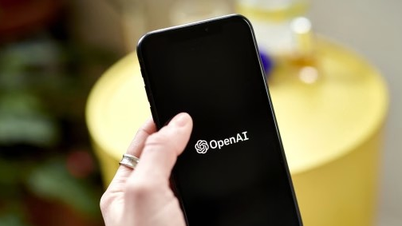




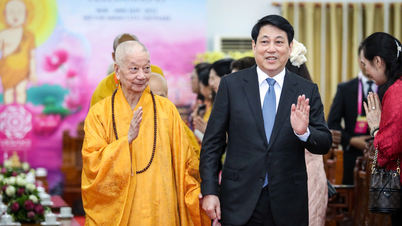
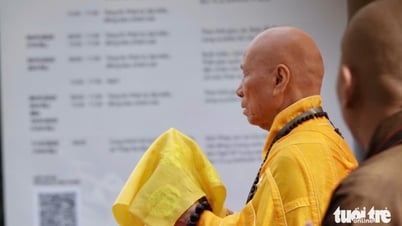

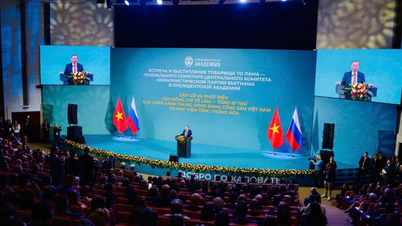































































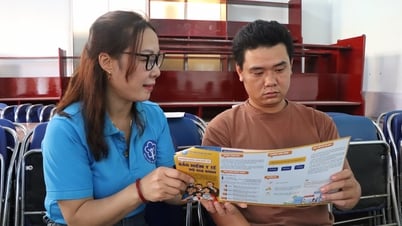












Comment (0)